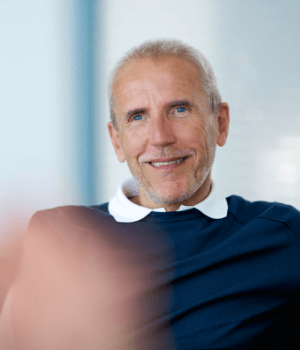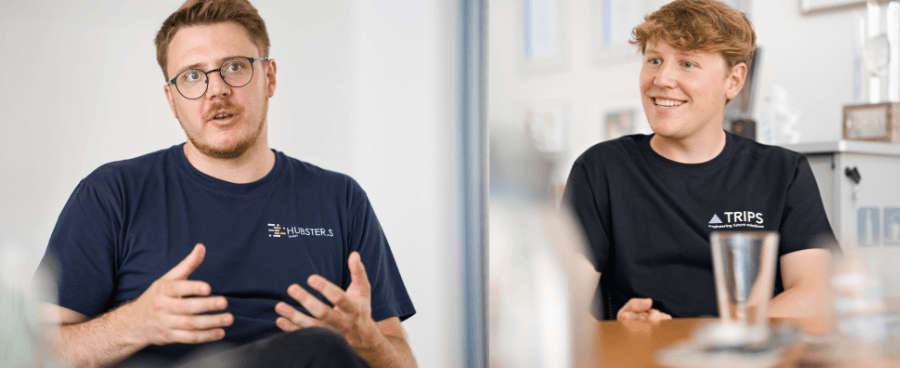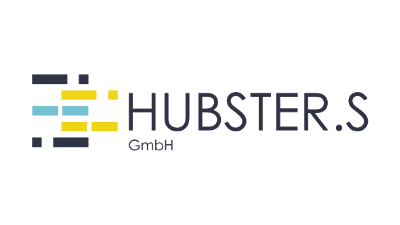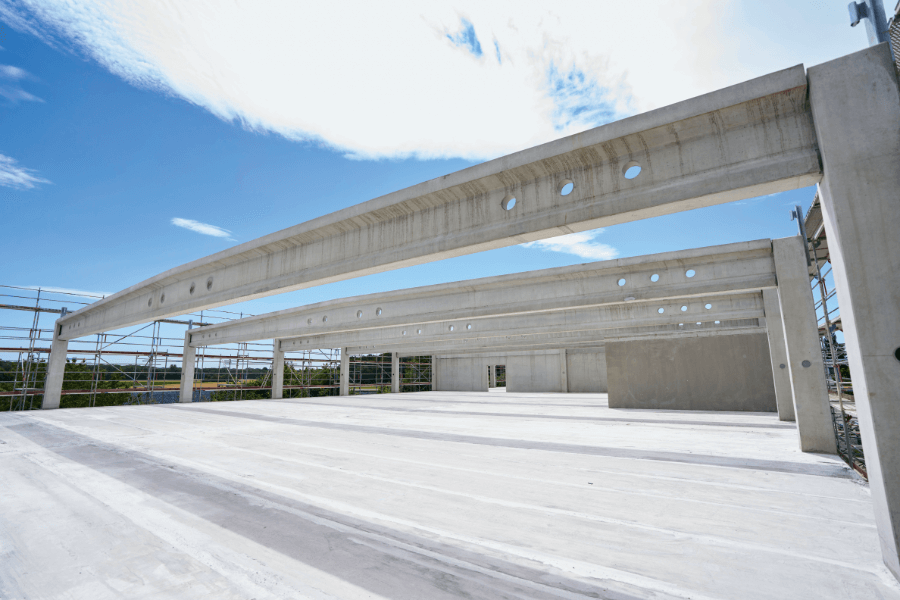Text Interview: Hans Robert Koch ––– Photography
It all turned out very differently from what had been planned. Caroline and Christian Trips became business owners overnight. When their parents were killed in an accident, they were forced to act quickly. Encouraged by the people around them and showing great determination, they took over the business in a matter of days and have now been running the company for 36 years. They have been highly successful, too, transforming their parents’ small business into the TRIPS group. This leading system house now has 350 employees at five sites in Germany and Poland.
Caroline and Christian Trips, what have been the major milestones in your company’s history?
Christian Trips: Our roots lie in big industry in Schweinfurt and Würzburg. SKF and Noell were amongst our first major customers and were followed by Siemens. They represented the major milestones. Working with Siemens meant we could expand our industrial operations and move into the energy business. We are now involved in many aspects of energy generation and transmission. The new building currently being constructed will increase our FAT (factory acceptance test) capacities.
Caroline Trips: One key milestone was in 1996. To achieve growth, we decided to invest here at this site. Working with Siemens as a solution partner was a landmark decision that opened up huge scope for us. The next milestone was founding our Advisory Board.
How has the Advisory Board influenced your development?
Caroline Trips: Since it was founded, we have focused more on our core business, moving away from areas that aren’t faring so well and expanding areas where things are going well. That has taken our turnover from 20 million euros to its current level of around 50 million euros. By 2030, we are looking to generate a turnover of 100 million euros. When we started out, we needed to learn how to think strategically. Having become novice business owners overnight in 1989, we initially lacked that ability. We didn’t have time for any training. With the appropriate training, we might already have made much more progress.
That sounds like a clear strategy. Can you really plan success in these uncertain times?
Caroline Trips: You absolutely can plan success! We have seen that over the past four years. We have clearly defined our strategy and goals. We now know the kind of turnover we will be generating in the next few years and are well placed to handle any risks that arise. Unforeseen events are always possible, of course, but we’re not easily overwhelmed. We are a typical SME, with a conservative approach, resilience and a strong capital base. That’s what Germany is known for and we are a prime example, which is something we’re particularly proud of.
How far into the future do your goals extend?
Caroline Trips: Another thing that makes us proud is that we have made preparations for three of our children to take over from us and can pass on everything we have achieved. We didn’t plan to become business owners, didn’t know what direction to head in and had nothing, but we worked hard. That makes it all the better that we have sorted out our succession arrangements. We have already decided on the date of the handover. The big day is 30 June 2032. That’s when my brother and I will be stepping aside.
Christian Trips: Only 6 percent of businesses in the Lower Franconia region pay any attention to how they will transfer their company to the next generation. That makes us all the more grateful for the commitment our kids have shown. Having a plan is important – but we’ll see whether everything turns out that way in seven years’ time when we step away from the operational side of things and just attend special events and anniversaries (he laughs).
TRIPS has a very sector-oriented approach. What makes the group so successful?
Caroline Trips: Our key sectors are energy, food and beverages, and pharma. We have the advantage of offering the complete package – the entire automation solution from project planning through to commissioning, plus add-ons. That sets us apart from many of our competitors, who are merely switchgear manufacturers. Every enclosure we plan and build is also tested. Quality and sustainability are very important to us, and we seek active dialogue with customers to optimise solutions. We often use their questions as a basis for new business models.
What new business models are they?
Christian Trips: We provide a variety of services, from engineering to IT and OT security. Through our start-up company HUBSTER.S, we also offer support with data-driven processes using AI-based solutions. In other words, our services cover the entire value chain to make customers more competitive. We know that having successful customers means we, too, are successful.
What role do suppliers and partners play?
Caroline Trips: Having the right partners is vital! We have three main suppliers – Siemens, Rittal and Phoenix Contact. When it comes to innovations, that means we are always one step ahead and extremely well placed. These are true partnerships. In the case of Trimot, for instance, our partner is Rittal. We have always asked a lot of our suppliers, but that means we make progress together.
Christian Trips: We enjoy an excellent relationship with Rittal, including the company owner and management team, and the same applies to Siemens and Phoenix Contact. That was particularly advantageous during the coronavirus pandemic, when we, too, experienced supply problems. During this period, we developed some great ideas together, also working with customers. That was a great show of solidarity, one that sets an example for Germany. We should continue to make positive use of this energy.
What makes working with Rittal so appealing?
Christian Trips: The synergy with Rittal as an enclosure supplier and Eplan as a solution provider for engineering software is excellent. Our innovative and dynamic approach means we are always looking at the markets to see how we can boost our efficiency and productivity. We seek out the best suppliers and, in that respect, Rittal and Eplan are the perfect match for us. Both companies are true innovators. Ultimately, it’s a mutual challenge. You grow together and are only as good as each other.
Why is business going so well for you despite the ailing economy?
Caroline Trips: Every crisis offers an opportunity. It sounds paradoxical, but when others had no work, we always kept two shifts running. That’s because we focused on the energy sector. We cover all the technologies in this sector – from switchgear for generating and distributing energy through to hydrogen, electrolysis and battery storage systems. The market tells us exactly what it needs. That’s how we grew and how we will continue to expand our business. We don’t need to worry about the next ten years. Things are going well!
You have built a new plant in Poland. What opportunities do you see there?
Christian Trips: Even though we are investing heavily in training and cooperating with universities, at the end of the day, we can’t find enough staff in Germany. As we see it, Poland offers better prospects. Although wage levels are increasing there, too, we still have a different cost structure, especially when it comes to employers’ social contributions. When you have a production facility in another country, the key issue is always competitiveness. Our business in Poland first and foremost enables us to create reserve capacity. We have identified good prospects in the energy and semiconductor sectors.
What values are you passing on to your children? What counts in business?
Caroline Trips: Besides being enthusiastic and enjoying what you do, it is important to keep your feet on the ground, get your teams on board and be grateful for what you have achieved. Having that kind of attitude as well as clear goals and strategies gives you endless possibilities.



